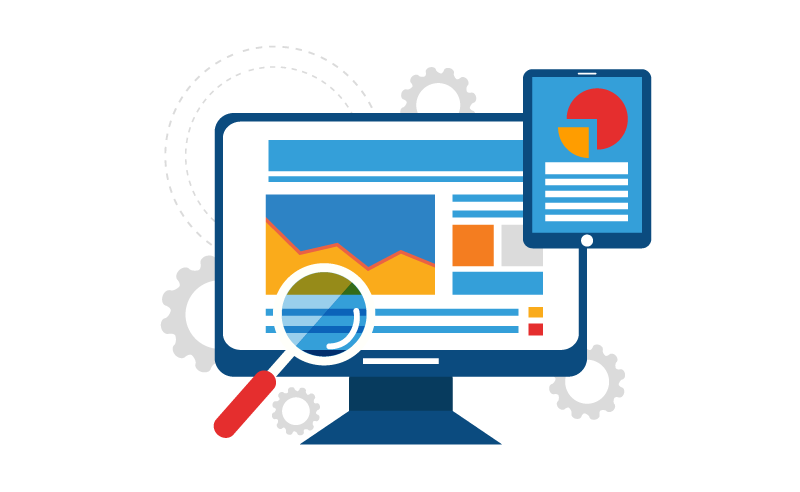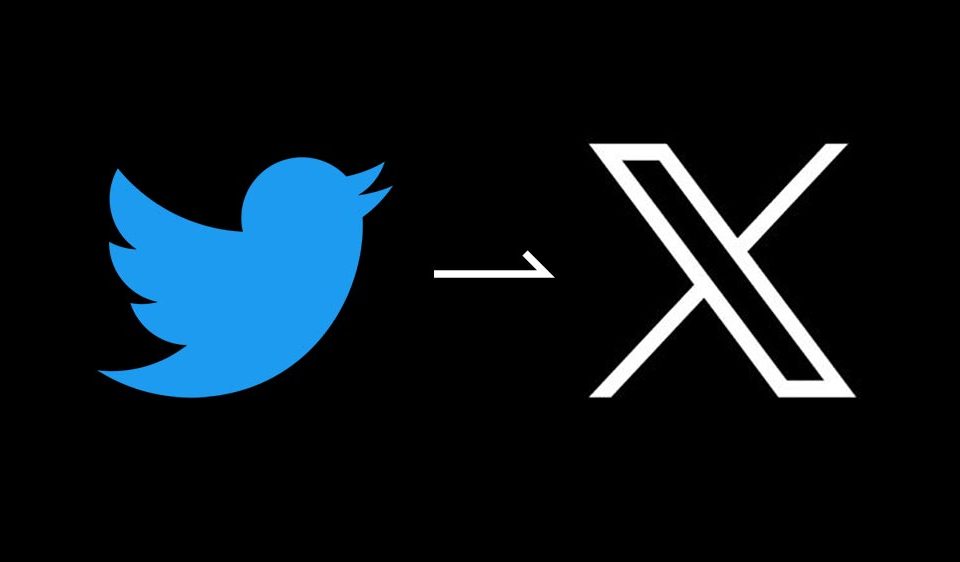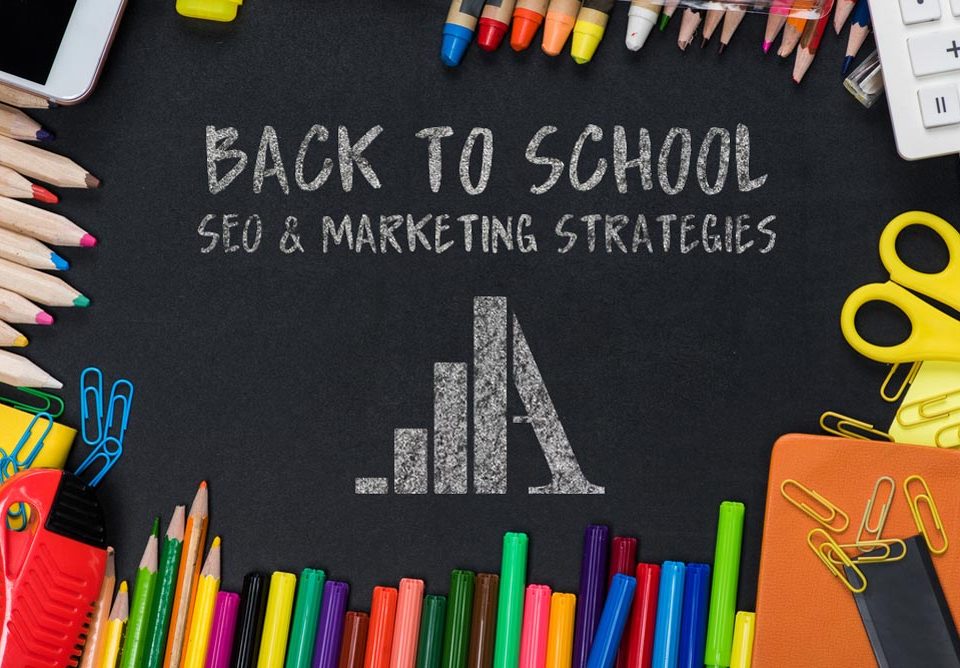
Search Engine Optimization
Q & A
By Mike Forrest, Owner/CEO at Archmore Business Web

What Actually is SEO?
SEO stands for Search Engine Optimization. This is the act of optimizing your website so the search engines will know everything about it and place it very early in the search for the things you sell that are described in your website.
According to Google this is their explanation of this service:
”Search engine optimization (SEO) is often about making small modifications to parts of your website. When viewed individually, these changes might seem like incremental improvements, but when combined with other optimizations, they could have a noticeable impact on your site's user experience and performance in organic search results. You're likely already familiar with many of the topics in this guide, because they're essential ingredients for any web page, but you may not be making the most out of them.
You should build a website to benefit your users, and any optimization should be geared toward making the user experience better. One of those users is a search engine, which helps other users discover your content. Search Engine Optimization is about helping search engines understand and present content.”
Do we actually need SEO if we have a good website?
The short answer is yes. Your website is competing with many others for high positions in Google searches. Although Google’s search algorithm is good it is not perfect and good information for a user may not be enough for you to beat out much of your completion.
Google uses factors that you cannot see in the website and on the web to help it determine which websites get listed high in search. Unless you have studied how all this works you do not have a chance at actually getting high up in search results for competitive phrases.
According to many studies Organic Web traffic is the largest category of visitors to your website.
This is a look at the various categories of traffic to our website, archmorebusinessweb.com. Over 80% of the visitors get there from some kind of web search.

Can’t I actually do SEO myself? I know my own business better than anyone.
You can do SEO yourself but that same thought could be applied to drafting legal documents, financial statements, building maintenance, and so on. You are going to have to decide if this is a task you want to embark on. Unlike a number of things, a large part of a website is not visible if you do not know where to look.
Check out this blog that is posted on our website and explains the graphic below: https://www.archmorebusinessweb.com/should-you-do-your-website-in-house/

How long does SEO take?
SEO is not a quick proposition but once you have ranking you should retain it for some time as well. It takes time for the Google search spiders to scan your site and then integrate your new information with that of all the others on the web that you are competing with.
When we are unquestionably successful with our SEO implementations the changes each month are not particularly dramatic (unless we are correcting some pretty bad mistakes). The overall progress, though, is decisive and puts our client ahead of their competition.
How can you tell if it (SEO) is actually doing any good?
When we perform SEO services, we provide a monthly report showing the progress in Key Words and Metro Areas against our plans. This can be verified independently by anyone using a web browser with the knowledge of how to use it.
Does it matter what type of business you have or what reason you want people to get to your website?
Absolutely it matters. Some types of business are so competitive that you may not be prepared for the effort or cost to get first page listing. Other businesses may have so little competition that a well put together website might do. You will need to perform web searches and analysis to determine where you fall in this spectrum and what approach would be best.
If you are promoting a one-of-a-kind product, SEO may not be best. People must be searching for your product or at least a common solution to a problem that you may solve. If you are promoting a special discount this is not a particularly good search approach. Specials or discount are best when people actually get to your website as a way of getting them to do business with you.
Glossary of Terms used when talking about SEO
SEO - Search engine optimization: the process of making your site better for search engines. Also the job title of a person who does this for a living: We just hired a new SEO to improve our presence on the web.
Index - Google stores all web pages that it knows about in its index. The index entry for each page describes the content and location (URL) of that page. To index is when Google fetches a page, reads it, and adds it to the index: Google indexed several pages on my site today.
Crawl - The process of looking for new or updated web pages. Google discovers URLs by following links, by reading sitemaps, and by many other means. Google crawls the web, looking for new pages, then indexes them (when appropriate).
Crawler - Automated software that crawls (fetches) pages from the web and indexes them. This is also called a Spider.
Googlebot - The generic name of Google's crawler. Googlebot crawls the web constantly.
Organic Traffic – These people got to your website from clicking on a search result as a result of a web search. They probably used Google for the search but it could be from, Bing Yahoo, Duck Duck Go or any one of over 100 other search engines.
Direct Traffic – These people found your website by clicking on a link they may have bookmarked in their browser or they may have clicked on a link in an email.
Referral Traffic – These people got to your website by clicking on a link on another website. Usually from yellow pages or some other directory website.
Social Traffic – This is pretty self-explanatory. These people were on one of the social media sites like Facebook, YouTube, Pinterest or many others and clicked on a link to your website.

By Mike Forrest, Owner/CEO at Archmore Business Web










